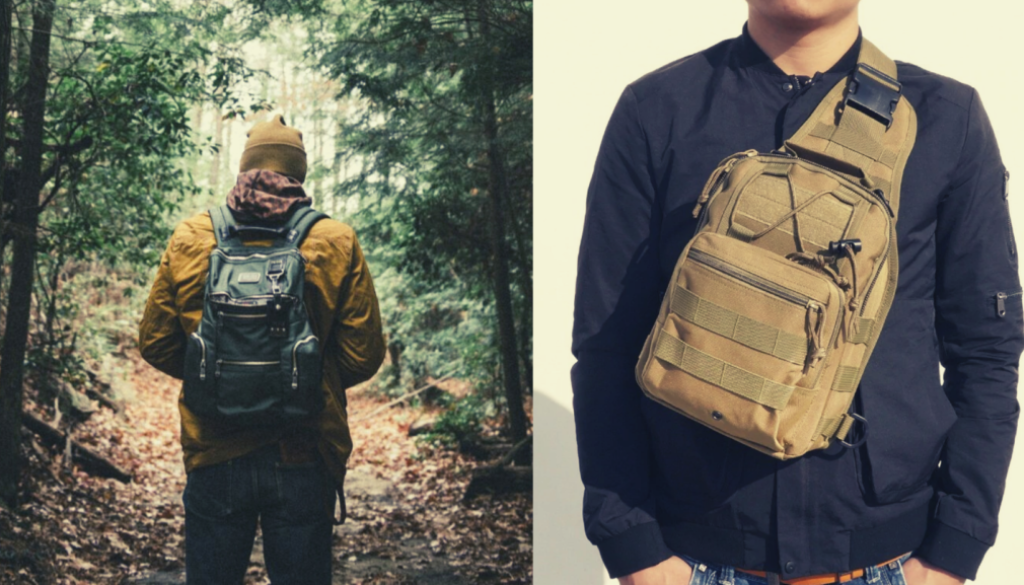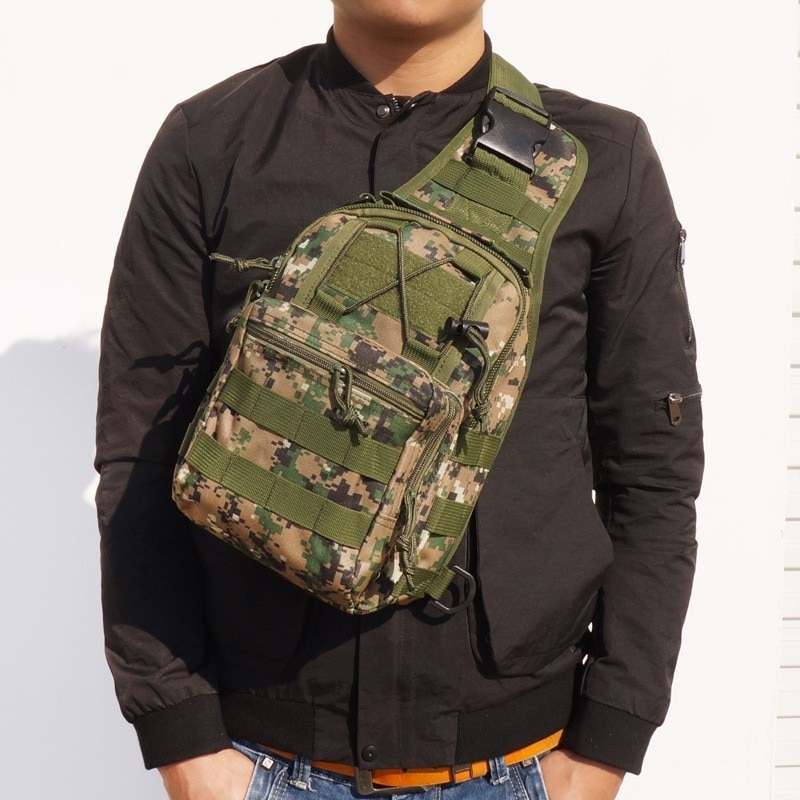Is your backpack too heavy?

Things to consider when it comes
to your day pack’s weight and
reducing the risk of injury.
Just yesterday while out in the Ruby Valley enjoying a day hike and
some fishing, I came upon a fellow hiker out for a hike and some
fishing. He complained about the discomfort of his pack as well as
carrying all his fishing gear. Mind you, this was a short hike,
approximately 7 miles round trip with little elevation. I have also had
the same issue of discomfort with hiking and carrying lots of gear,
and I could tell right away that he was not properly loaded for his
hike. After that meeting, I wanted to share some thoughts and ideas I
have picked up along the way on the proper weight of a day pack, and
for minimizing weight without chucking out all the gear.
What happens to your body when your daypack is too heavy?
Stop and think of the load you carry when you go out trekking in urban or
backcountry settings. You may think it’s harmless if your pack is
overloaded or too bulky. However, a too heavy pack can cause rapid
fatigue along with back and neck issues. If your pack is too heavy it will
make you overcompensate for the weight by constantly leaning forward.
This puts strain on your neck and back and puts you at risk of injury from
falling due to a lack of balance. Not to mention, your body will become
rapidly sapped of energy if you are carrying too much weight, especially as
we start to enter the warmer hiking season.
What is the proper weight load for a day pack?
As a rule of thumb, you should not carry more than 10% of your body
weight in your day pack.
IE: your weight 175lbs your carry weight 17.5lbs.
You know your pack is too heavy when you experience:
● Your limbs and extremities get numb
● Your straps and harness make marks on your body
● General discomfort from wearing the pack
● Tough to put on and remove the pack
● Your posture changes
How to improve your carry comfort
First, have the right pack for the job. Today we are focused on day packs
for short hikes. Having the right pack for the job means your pack is not too
big. Your day pack should be about 20-30 liters. You won’t be able to
carry a lot of gear in this pack, just the essentials: first aid kit, camera,
sweatshirt, snacks, water.
When packing, keep heavy gear close to the center and against your back.
Lighter items should go on top and in the front of the pack. Be sure that
your load, straps, and gear are secure. Unnecessary movement of the pack
or items in the pack will challenge your body, and you will find yourself
overcompensating for that movement. Even with a lighter pack, you should
be careful when putting on or removing the pack. Use your legs and core,
and remove methodically so as not to create any exaggerated movement
that could strain your neck or back. And remember, stay within the 10%
rule: do not exceed more than 10% of body weight.
These few basic rules will help you to have a more comfortable and
enjoyable day hike while helping you to prevent injuries from misusing your
pack. If you observe and follow them, you will have more energy to explore
the world around you!
Cheers,
Nomad



